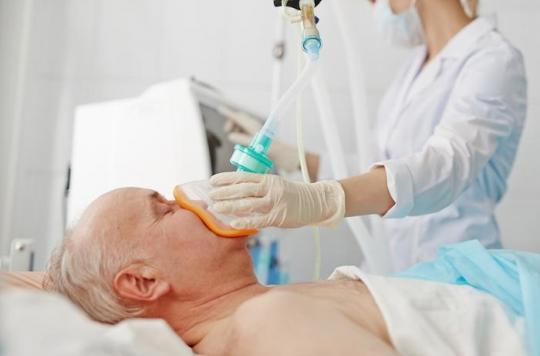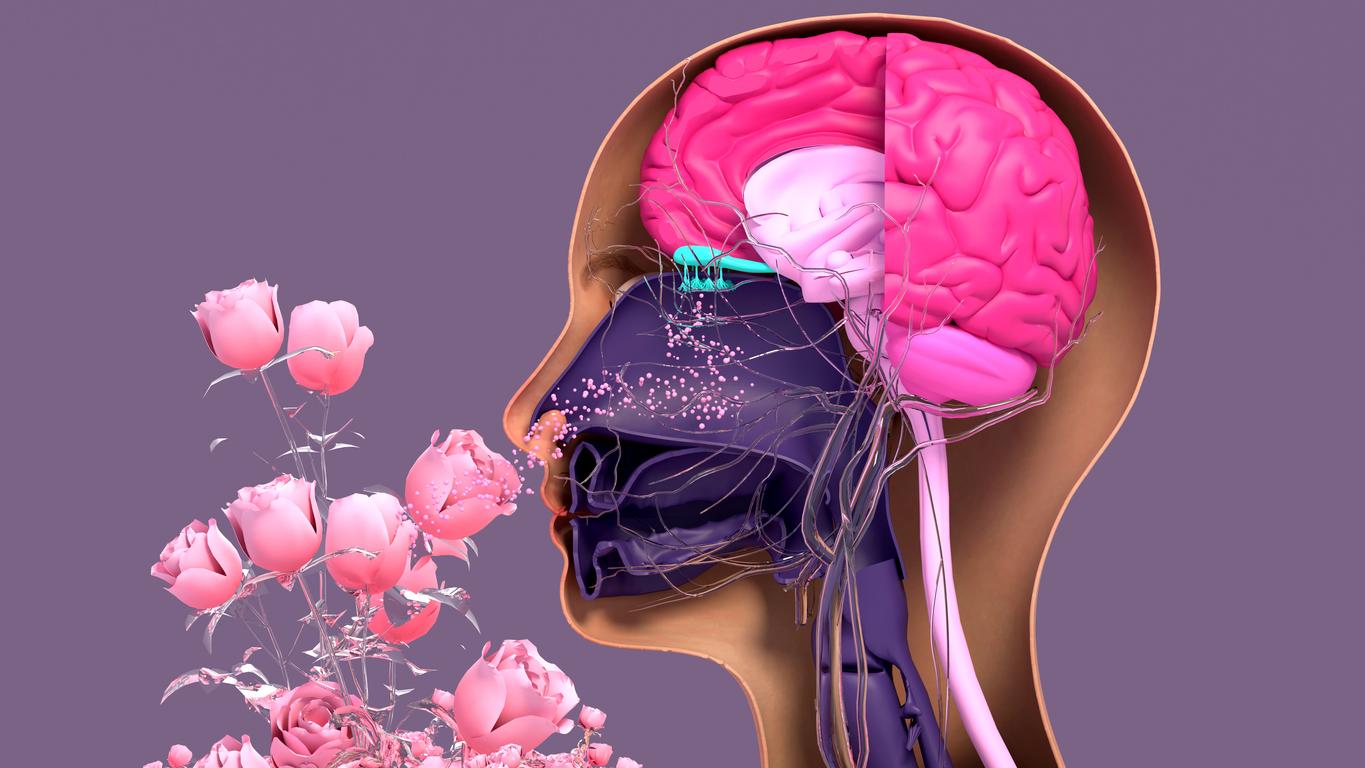General anesthesia may have negative effects on memory and reasoning skills in older people, according to a new American study.

While it is well known that a general anesthesia is not a trivial act, especially for the elderly, it seems that it can have negative effects on the memory and reasoning skills of adults over 70, according to new American research published in late May in the British Journal of Anesthesia.
To reach these conclusions, researchers from the Mayo Clinic of Minnesota analyzed data from a study previously conducted by this institute on nearly 2,000 people aged 70 to 89. Observing whether patients who had undergone operations over a 20-year period later exhibited cognitive decline, the scientists noted that the latter tended to be accelerated beyond the normal process of age-related degeneration following anesthesia. general.
Although this decline is not always very noticeable, it can be a risk for already fragile individuals, warn the authors of the study. “We need to make sure that patients thinking about surgery and their families are well informed about the possible risk of cognitive dysfunction,” says Jural Sprung, anesthesiologist at the Mayo Clinic and lead author of this work.
Subjecting the elderly to preliminary cognitive tests
“What’s more, alternative strategies should be discussed with patients before surgery is performed for those who may be at significant risk. This study provides additional reasons for practitioners to start subjecting the elderly to cognitive tests beforehand. in order to be clearer about the individual risks associated with surgery and anesthesia. This initiative has been approved by the American Geriatric Society but has not been put into practice clinically “, he continues, recalling however that he It is not possible at this time to determine whether surgery, anesthesia or conditions requiring basic operation are the cause of the complications.
The link between surgery, anesthesia and cognitive decline in the elderly has been debated for several years. Animal studies have already shown that exposure to anesthetics could be linked to changes observed in the brain when Alzheimer’s disease occurs.
In France, Institut Curie increasingly uses medical hypnosis as an alternative to general anesthesia. This technique, which combines hypnosis with conscious sedation (the drugs are used to relax the patient, who remains conscious) and local anesthesia to block the pain, has been tested since 2015 by the team of Doctor Aurore Marcou, anesthesiologist and hypnotherapist.

.
















